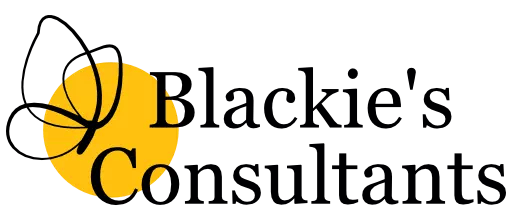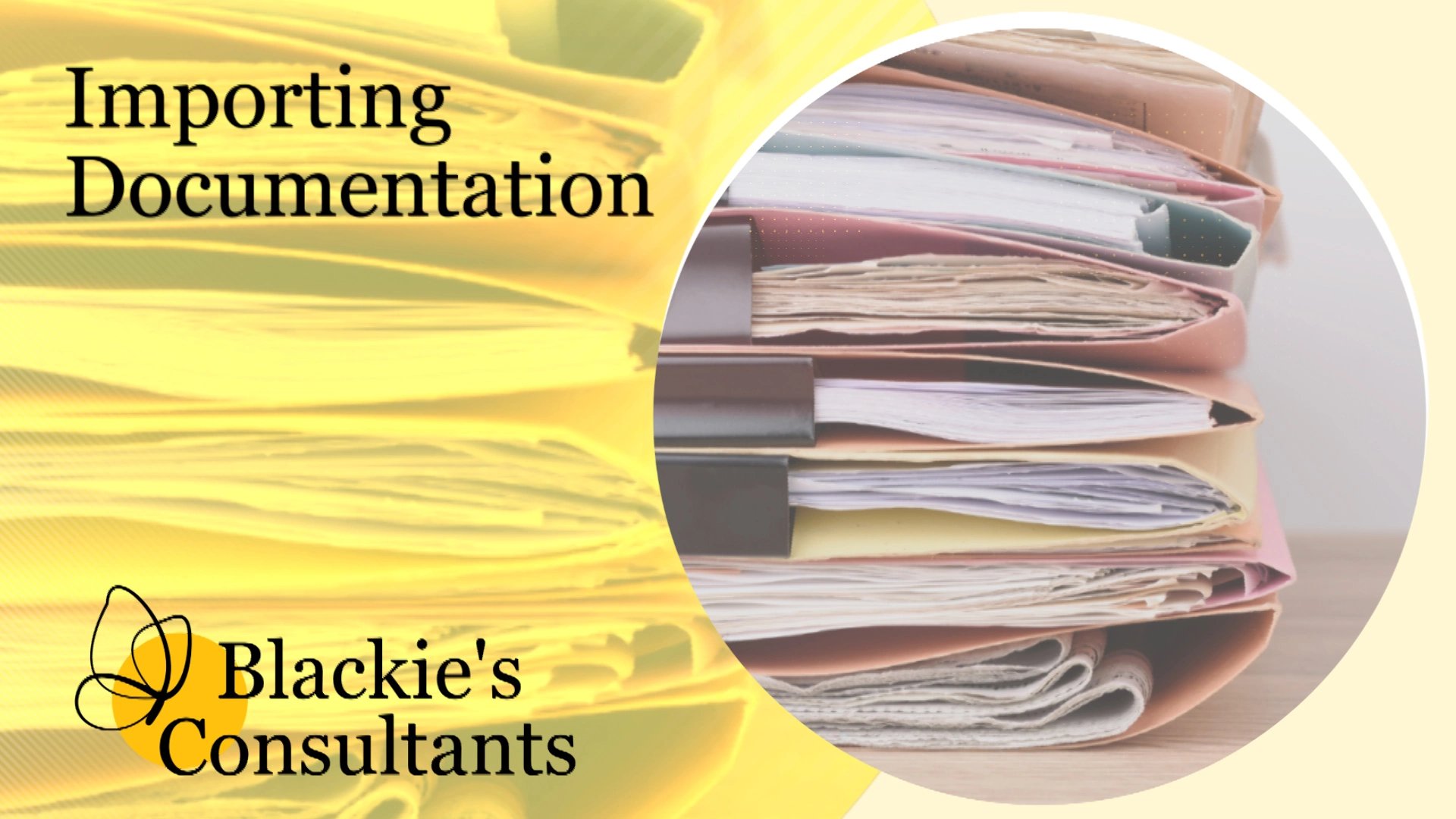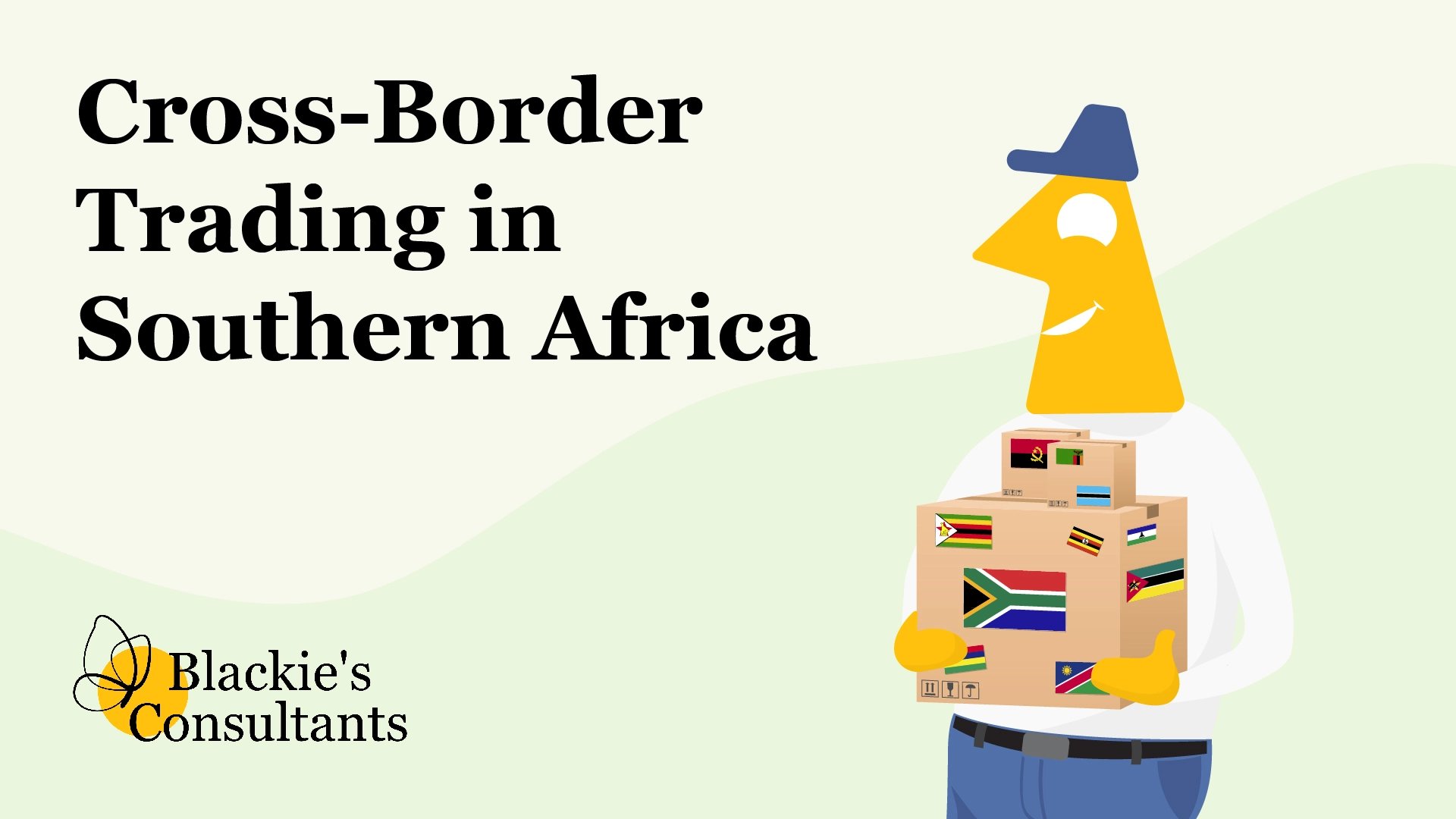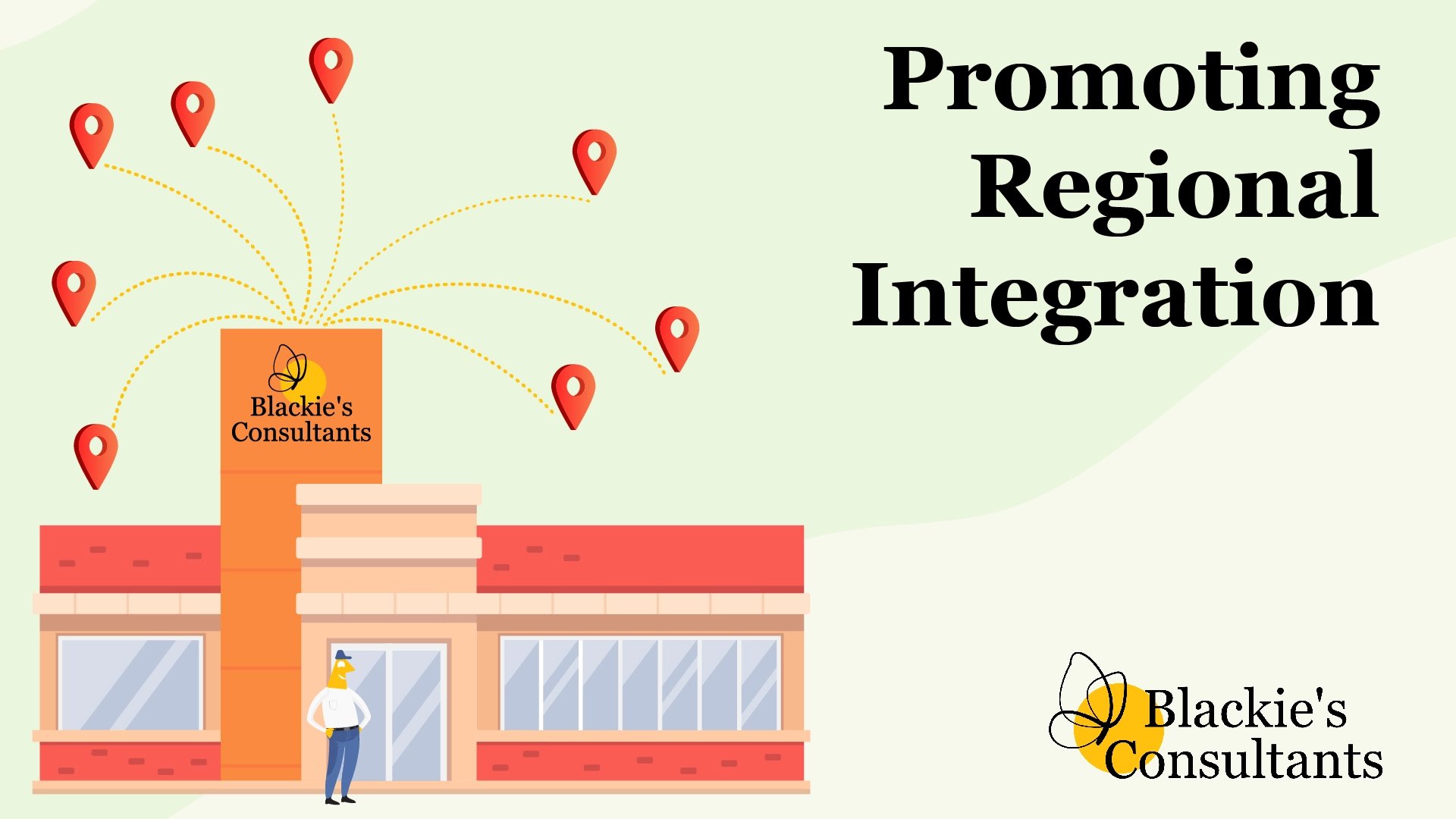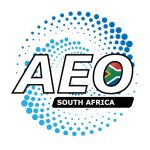When it comes to importing goods into South Africa, it can be a complicated and involved process if you don’t have the correct documents compiled and submitted accurately. This could lead to costly delays and penalties. Before we look at the power list of documents needed for importing into South Africa, let’s look at the relevant SARS definitions.
How Does SARS Define An Importer Into South Africa?
“Any person (local or foreign) who imports goods into South Africa must register as an importer, including the importation of continuous transmission commodities (CTC).
Any foreign importer (e.g. individual or juristic person) who wishes to import goods into South Africa must register as an importer and nominate a registered agent in South Africa before such foreign importer will be registered to import goods into South Africa.
Any designated “registered agent” who conducts business with Customs must accept full responsibility for the actions of a foreign principal.“
If the applicant is a foreign entity, the following requirements must be met according to SARS:
- The person must nominate a registered agent using a DA 185 D;
- If the foreign entity is juristic and is not represented by a registered agent in South Africa, the application must be suspended until the foreign entity nominates an approved registered agent; and
- If the foreign licensee or registered person is a juristic entity, a certified copy of the founding document or any certificate issued under the laws of the country where the entity is registered
What Does SARS Consider As Imports Into South Africa?
The following modes of transportation are used to bring goods into South Africa: air, sea, road, rail, and post. Transmission commodities like crude oil, natural gas, and their derivatives, as well as other liquids and gases and electricity transmitted through cross-border transmission lines, are also included.
SARS states that the importer must inform Customs of what they have brought into the country and the mode of transportation they employed for Customs to protect any money owed to the State and guarantee adherence to local laws. A different procedure is used if the items enter the nation through the postal service.
A range of products are either completely barred from importation or may be subject to scrutiny by other agencies.
What Are The Processes Involved In Importing Goods Into South Africa?
Before cargo enters South Africa, one of the following techniques may be used to clear them:
- Domestic use, which requires direct entry into SACU member countries (duties are paid at the time of importation or under rebate/duties alleviation under specific circumstances/conditions); (pending payment of duty or re-export).
- Transit or in-bond movements within the country or via South Africa outside of SACU’s boundaries; temporary entry into SACU, including inward processing (for manufacturing purposes and subsequent exportation).
What Is The Essential Documentation Used To Import Goods Into South Africa?
1. Clearance Instructions
The customs broker and customs officers are provided with all the information they need in the clearing instruction to complete a customs clearance declaration (SAD500) correctly. The clearance directive must be written out and signed by an importer employee.
2. Declaration Of Customs Clearance (SAD 500)
Upon payment of the necessary VAT and fees, SARS is encouraged in this form to allow the release of imported goods in South Africa. Its primary goal is to inform SARS of the items’ precise details, price, and quantity. According to SARS’ estimations, these costs will be incurred for each delivery for which you request import clearance.
3. Commercial Invoice
Every business transaction requires an invoice that details the sale of commodities between two parties. The seller and the buyer, the product’s description, INCOTERMS, the method of payment, the freight and insurance costs, the origin and destination of the cargo, and packing instructions must all be included on import invoices. Pro Forma invoices can be used as quotes to get finance, verify buying details, or ask for import permission but SARS requires a commercial invoice for clearance into South Africa.
4. Contracts Of Carriage
The following documents are used for shipment by air, sea, or land: Bill of Lading (sea), Road or Rail Consignment (road/rail), and Air Waybill (air). The freight carrier and the cargo owner enter into “contracts of carriage” to transport the goods following the agreed-upon sale (for shipping by road or rail). It serves as proof that the goods were in the carrier’s possession until the date of the scheduled delivery and is provided by the freight business to the shipper once the things are received.
5. Certificate Of Origin
This form is used to specify the country of origin when importing goods. The origin of the goods may affect several aspects, including the sum of the required customs duty, according to trade agreements between South Africa and the country of origin.
This is just a brief overview of the documents involved. Considering that different ports of entry have different requirements and documentation needed. Additionally, different types of import movements and commodities may have different types of permit requirements from different government organisations or agencies. Therefore it’s always advisable and safer to use a reputable and trustworthy Customs Consultancy that can assist with importing goods in South Africa.
Blackie’s Consultants has offices with capable consultants in Maseru, Maputo, Caledonspoort, and Van Rooyens Gate. Blackie’s benefits from being the primary service provider at the Lesotho border. They aim to facilitate trade between nations as efficiently as possible and ensure compliance from all relevant parties.
Blackie’s has a solid relationship with SARS Customs and all the appropriate revenue departments of the nominated countries. SARS Customs has an ongoing open-door policy toward the team if a dispute should develop. For expert advice and a seamless process, contact Blackie’s Consultants.
